

Presentation for the Institute for Time Nature Explorations [1]
Dear auditors!
Dear participants of the seminar!
Let me present to your attention my collected works printed under the common title The Real Time Travellers. The book contains several novels, stories, cycles of poems, and even drawings. It opens with a short introductory passage and finishes with a poem, which I call A Brief Course on General Physics. At last, the book was published more than two years ago, and it’s no wonder that now I have quite a collection of questions asked by my readers. My answers to the most important and most interesting ones are printed separately and enclosed as an additional booklet.
To tell the truth, my current task is difficult. As a rule, I offer this book to my potential readers without any additional remarks, which is done intentionally for I consider that everybody has to make his own conclusions, by the way, taking into account not only things penetrated by reason, but things intuited by the heart. In particular, that’s why I prefer to express my ideas in the form of works of fiction. The word in literature differs from the word in science by the possibility for ambiguity in its meaning; a fictional text has not only semantic but emotional and moral dimensions. This is its strong point and also its weak point… Well, let’s return to the book: I say sometimes to my friends, to my close friends, that if only one copy in a thousand falls one day into the right hands, it will be an unbelievable, almost fantastic success. It may be an exaggeration, of course. In any case, I would like it if somebody from amongst my readers understood suddenly that all the writings collected in this book are interrelated with invisible threads, even if one cannot calculate this relation and give an analytical expression for it; if this reader would perceive two fibres coexisting here, fibres which might be conventionally marked as a spiritual (artistic) one and a scientific one, which partially argue with, and partially complement one another.
It isn’t difficult to guess what the main subject of the book is; it’s sufficient to take a look at the cover. Today, though, I would prefer to talk about “time control” for I’m interested in constructions much more complicated than simple displacement, which is so usual in fantasy novels. Let me make only one remark. In spite of the fact that my last poem is called A Brief Course on General Physics, the semantic centre of the book is not related to a scientific justification of the possibilities to realize certain operations with time; consequently, the possibility or non-possibility of so-called “time control” will depend on the reader’s belief and not on his reason. In any case, we all know that sometimes a belief alone is sufficient to modify the spiritual world of a person completely. This is valid, too, for the mysterious and zealous belief of my heroes that the past does not vanish but continues to exist, so, it remains only to find a proper way and such a way will certainly be found one day.
Consequently, my heroes are — first of all — people having an unusual inner spiritual world. Yes, one could say that their lives are taken out of context. However, one could say as well that an infinite inhabiting of one and the same context is useless and senseless. Having abandoned usual, common comprehensions of life, the most part of my protagonists search and cannot find another foothold, as if having been lost at the halfway stage, so that now they need not so much ability of thinking as patience and courage:
— a naïve inventor of a time-machine who perishes because he tries one time after another to rewrite human history according to his tastes and values, running his head against one and the same brick wall till he destroys himself.
— a homebred philosopher who confuses good and evil.
— Jesus, who is possessed by the search for the meaning of life and becomes a man intentionally looking for the heaviest and the most terrifying cross in the world to shoulder, but at the same time creates a new world religion, as if accidentally, as if unwillingly. (I still wonder whether I will be pardoned by the Church for my sacrilege).
— the most common and ordinary young man, who absolutely by chance, one could even say for a joke, found himself at the School of time travellers following which his life was torn to pieces, for he lost all which was precious and sacred.
— finally, a stranger, a visitor from an unknown world, which differs from ours in its every detail; he cannot understand our life and almost hates it, he cannot stay here, but to return is beyond his powers.
Modifying Dante, one could say that each of my heroes goes forward dragging his own divested body behind him. [2] Each of them has somehow doubted one of the basic rules of life, after which the world appears different, its paints not fading but seeming to change their colour, events are not so real as before, and the hero perceives himself as if apart. Now any of them is his own puppet and puppet-master, doctor and patient, criminal and judge.
However, all of them have the most noble intentions. Just imagine, they have access to unlimited wealth and immense power over other people, but they don’t use it, such a thought has not even crossed their minds. I would say that the inner events have much more importance for them than the external ones.
Well, at last it’s necessary to say that they all are very young men, and the book itself was written by a very young author.
Of course, the dramas, which are acted out inside the souls of my heroes, reflect real collisions having taken place in my soul, first of all, related with the desire to turn round, to change the flow of time. It seems that I’ve made my intuitive choice in early childhood. Maybe, I was born with this choice. At last, that faculty to perceive oneself at several moments of time at once, that quality to see life as “blurred” across time, which is described in the introductory essay [3], are not invented from nothing. Even the inevitability of death wasn’t such a shock for me, such a terrifying blow as the impossibility to return the past. I’ve understood just at the moment that I would never reconcile, and this certitude was becoming even stronger while I grew older. I wouldn’t say that I idealized the past, no, but I was indignant with the absence of choice between the past and the future. And if we have spoken about believes then my tenacious desire to find one way or another of controlling time is related among other things with the sincere belief that any linear evolution, any so-called progress must come to a dead-end sooner or later. While moving along the line of time we are, in fact, running under different banners down an endless lane and thinking that we shall never stop. The only thing that saves us is our ability to unearth from time to time another banner and to forget our past; to concentrate on our next step and not to overlook the whole staircase. We have made up an entire mythology so that we could support during all our life that illusion of a goal; the myths absorb us, but having extricated ourselves from this network we must see at once that no infinite motion in one and the same direction can have sense for ever. And it doesn’t matter whether we consider a particular man or mankind in general. Sooner or later a generation arises which understands suddenly that they have no banner because all previous ones are worn out already and new ones haven’t been prepared. None but the blind biological will to live continues, that very will which makes us so akin to all other living creatures. Let us suppose that in my book I’m looking for another solution based upon another perception or understanding of time. Let everybody try to imagine such a solution, to invent it even if just for themself. Let us pose the problem even if we have no answer. I don’t insist that my opinions are correct and don’t expect that my readers will necessarily agree with me. However, I believe that some of them will take a mirror one day and look into their own eyes trying to answer for themselves, and only for themselves, the following questions.
If your posthumous soul-life depended only on you, on your personal desire, which alternative would you prefer? In particular, would you agree to prolong your life infinitely if the remedy for ageing will be found?
If you were proposed, as it was proposed to the heroes of my novel The Real Time Travellers, to close the circle of your life for ever, that is, to live through the same events infinitely many times, to feel the same impressions and not to know, of course, that all are repetitions, — would you accept? What is better: safe but eternal reproduction of the same thoughts and feelings or that “jumping into the unknown” usually called “death”?
How would our world change in general if everybody had such choices?
How do you see the distant future of humankind? Is impetuous expansion in time so necessary for us? What is the goal of our existence if this existence is destined to continue for millions, for billions of years, or even if it will be infinite?
Here I would prefer to end my lecture, which seems to be rather disorganized and to contain more hints than strict directions. However, I am unable to offer anything different. Now I will try to answer your questions if you have any.
1. Presentation at the Russian interdisciplinary “Temporology Seminar”, Moscow State University, April 6, 2010. Translated from Russian by V.V.Shulikovskaya; edited by I. Marshall.
2. Allusion to Dante’s Divine Comedy (Inferno, XIII):
Like others for our spoils shall we return;
But not that any one may them revest,
For 'tis not just to have what one casts off.
Here we shall drag them, and along the dismal
Forest our bodies shall suspended be,
Each to the thorn of his molested shade. (Transl. by Longfellow).
© V.V. Shulikovskaya, 2015–2026.
Website development IPC ’Bon Anza’
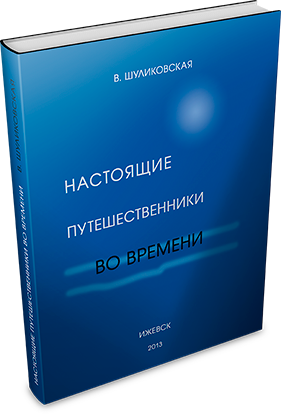
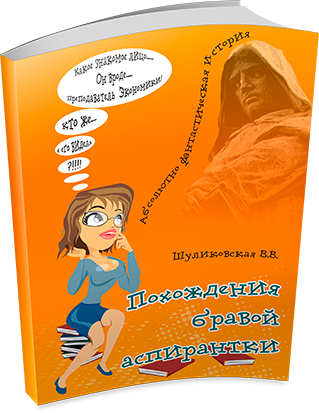
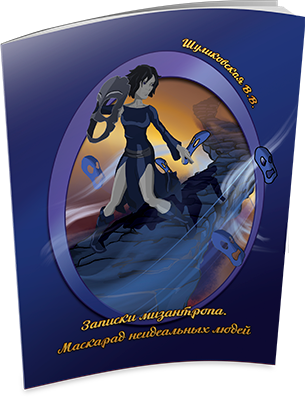
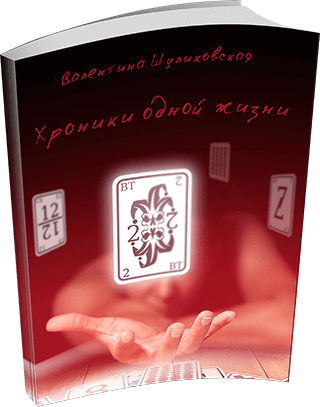
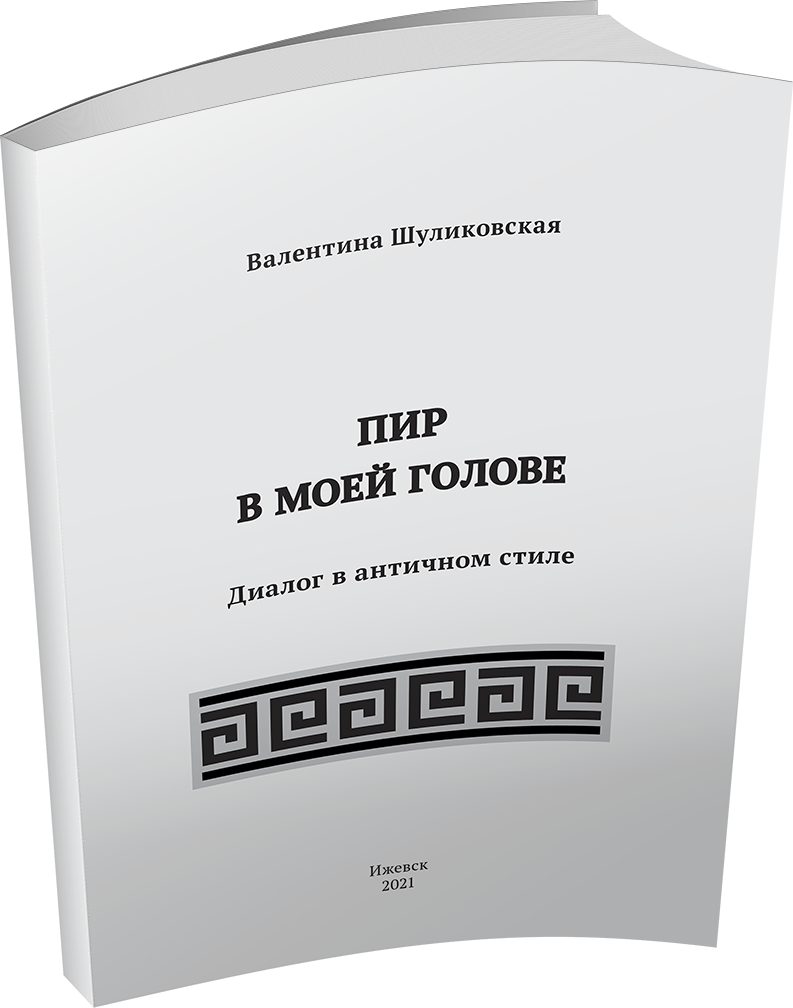
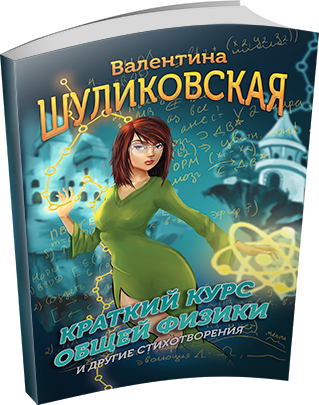
 Rus
Rus

